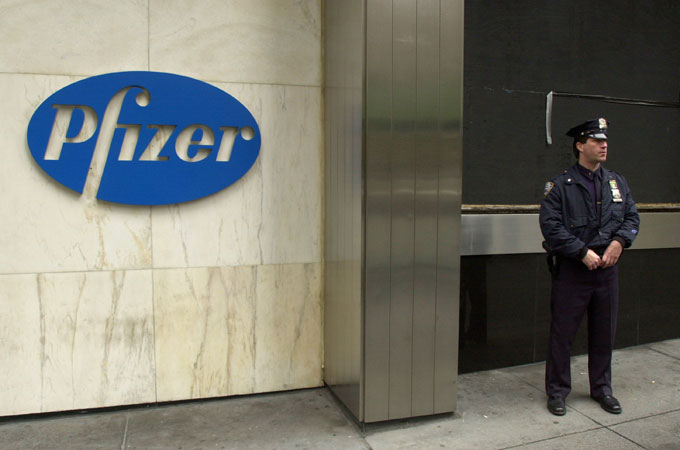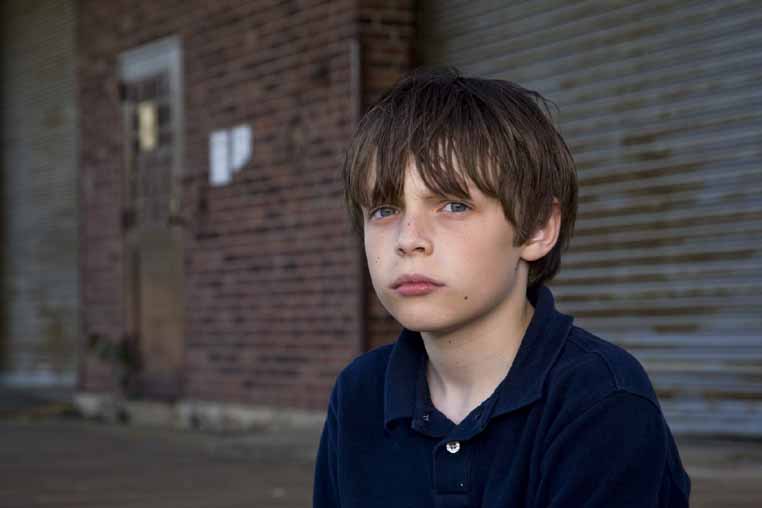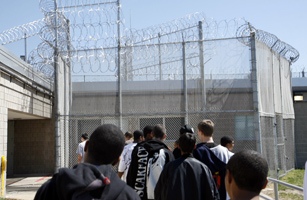By the time Florida started paying Dr. Gold Smith Dorval to counsel and medicate jailed children, the Pembroke Pines psychiatrist already had experience with kids in state custody. He had used them, authorities said, to bilk the government out of money for the poor. When Dorval pleaded no contest to a felony grand theft charge, it should have barred him, by law, from working for Florida’s Department of Juvenile Justice. It didn’t.
And, like Dorval, other doctors have emerged from past troubles and gotten jobs at DJJ – with authority to prescribe drugs to kids in state jails, a Palm Beach Post investigation has found.
Some psychiatrists took DJJ jobs after they were cited for breaking the law, making grave medical missteps or violating state rules. Others were hired after they were accused of overmedicating patients, sometimes fatally.
All were empowered to prescribe drugs to jailed kids as powerful antipsychotic pills flowed freely into Florida’s homes for wayward children.
“It’s appalling. A psychiatrist is a psychiatrist. They’re licensed, they’ve been to medical school, and there is a certain trust placed in that person’s judgment when they tell you that this child needs to be medicated,” said John Walsh, an attorney with the Palm Beach County Legal Aid Society who has represented children in juvenile court. “This just illustrates that we always have to be on guard with children.”




